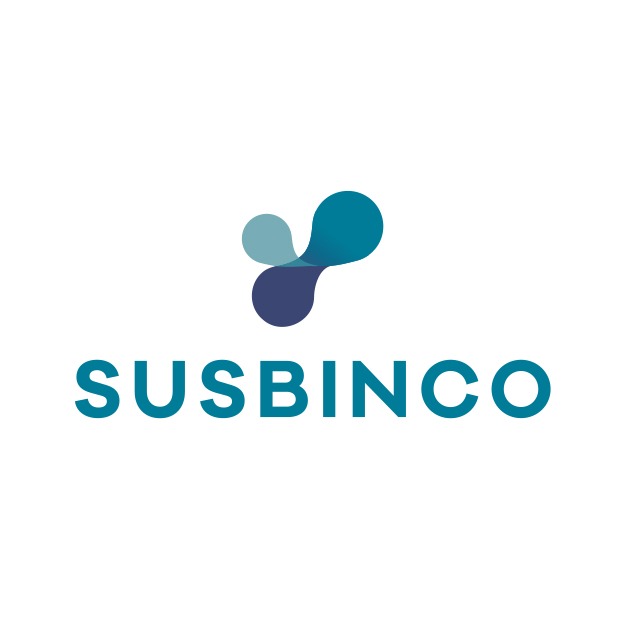Advancing the shift towards a sustainable and resource efficient economy and society requires innovative solutions that can be only developed with joint efforts of diverse actors, including academics, researchers, businesses, public authorities and citizens.
Collaborative Initiatives explored in OECD’s green innovation report
The new OECD report published last December presents notes from 10 international co-creation initiatives for the green transition from 9 OECD countries and an international consortium. The cases focus on universities’ involvement in partnership initiatives with citizens and industry actors in green mobility, green energy, and green products, services and processes. The report further explores main policy insights from each case study.
Highlighted as one of the cases is the SUSBINCO (Sustainable Binders and Coatings) project – a collaborative initiative with 18 partners including industrial and research organisations and coordinated by CLIC Innovation. The project aims to develop bio-based alternatives to fossil-based binders and coatings, essential materials in various industries. These eco-friendly solutions can be applied in packaging, paints, adhesives, sealants, and abrasives, contributing to sustainability efforts and reducing reliance on fossil-based raw materials.
The SUSBINCO project involved close co-creation and collaboration between universities and industry. The thematic objectives and research topics were developed based on industry challenges, identified through the CLIC Innovation run ProjectBooster -process. Following a pitch event, companies selected and committed to work with researchers to co-create project proposals, and advanced to co-develop technologies and innovative solutions for sustainable binders and coatings.
Universities‘ crucial role in green innovation
The OECD report describes how universities have much to offer in joint green innovation projects with business, government and citizens. Universities are in a unique position to provide diverse disciplinary expertise and technology-based solutions needed to address green transition challenges, as well as offer key research infrastructure, networks, and new skills required by industry.
The SUSBINCO case study shows that universities involved within the project – Åbo Akademi University, University of Oulu, University of Eastern Finland, Lappeenranta-Lahti University of Technology, Tampere University –gained an opportunity to translate innovation into potential business and to be involved in projects focused on the transition to the bioeconomy. Further, the project provided external funding for their research team, enabling them to recruit more team members, pursue further academic careers and publish more.
Additionally, participating companies gained capabilities in the development of new products, and opportunities for testing and scaling their existing products and services. Innovations to substitute fossil-based binders and coatings with bio-based solutions, which can be used in packaging, paints, adhesives, sealants, and abrasives, were developed through the academia-industry collaboration.
CLIC Innovation’s role in green transition
As seen through the SUSBINCO case, CLIC Innovation played a pivotal role in coordinating and managing the open innovation collaborations between universities, companies, and other relevant stakeholders. As an open innovation intermediary, CLIC’s main mission is to continue facilitate the creation of breakthrough solutions for the bioeconomy, circular economy and energy themes.
Read more about the innovations, skills and green impacts resulting from SUSBINCO within the OECD report.
Read the full case studies here
SUSBINCO has paved way for a new project COCOBIN, which combines the most promising findings, and reveals new biomaterials and approaches of bio-based dispersions to enable new end-use applications. Read more about the COCOBIN project preparation.
Contact
If you are interested in knowing more about the SUSBINCO or COCOBIN activities, please contact
Aila Maijanen, aila.maijanen@clicinnovation.fi, +358 50 375 1182, Coordinator of SUSBINCO
Taina Kujanpää, taina.kujanpaa@clicinnovation.fi, +358 44 0202 777, Co-Coordinator of SUSBINCO


